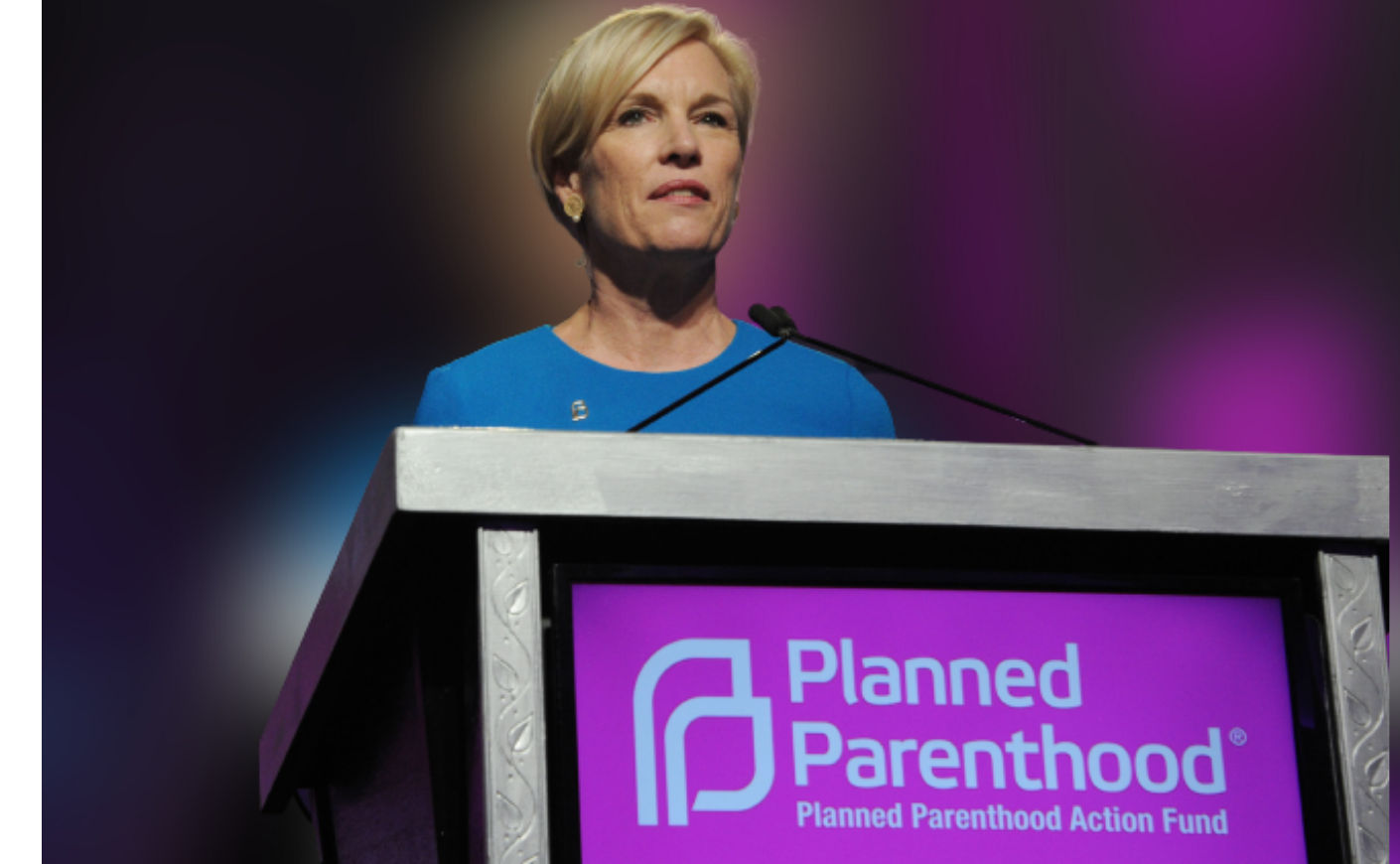If you’re like us, you’ve been on the edge of your seat this week awaiting updates from Dobbs v. Jackson Women’s Health Organization, the case the Supreme Court was hearing this week, the results of which will determine the future of abortion rights.
To further illustrate what’s at stake, Katie spoke with Cecile Richards, the activist, author, reproductive rights advocate, and former president of Planned Parenthood.
Richards is shocked.
“As someone who's worked on abortion rights, reproductive rights, women's rights really my whole life, even though we've always talked about this day coming — that we could somehow have a Supreme Court that would take away women's rights — to actually see this argument and listen to it live was chilling and I'm distraught for this country,” Richards told Katie in a new interview. “I’m shocked and I'm really frightened for the country and for not only my daughters and my son, but for generations of people who now potentially have lost one of the most fundamental rights, which is the ability to make your own decision about pregnancy.”
Richards spoke frankly to Katie about what the landscape for women’s rights will look like going forward. “Essentially if Roe v. Wade is overturned by the Supreme court — and after the hearing this week, I think most of us believe that is where this court is headed, whether immediately or pretty soon — what would happen is that we would then become a country where, in some states, women have rights and other states, they don't, that means it would be completely decided by the state,” Richards explained. “And more than half the states in this country either already have an abortion ban on the books, or they are poised to pass one depending on what happens with the Supreme Court. So you will have states, particularly Southern states that already have the worst healthcare access for low-income women and women of color in the country, those will also be the states where they can no longer get access to safe and legal abortion.”
Here, Richards explains why this decision will be more detrimental for women of color or women living on lower incomes, explains how we got here, and breaks down the most disturbing moments from Wednesday’s hearing in the full interview:









